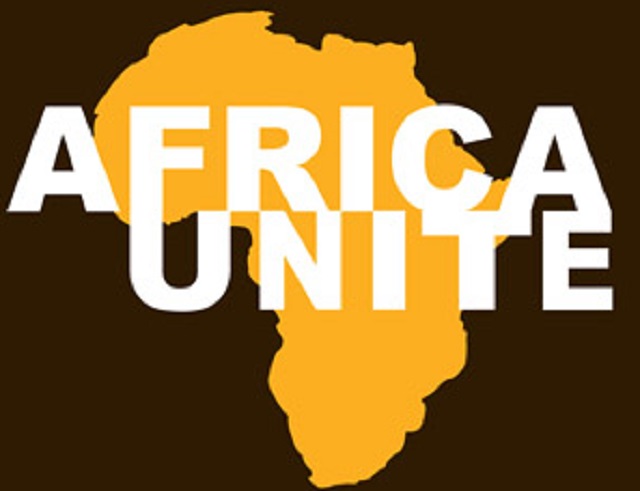
In the quest for economic improvement, many citizens place undue faith in the idea that changing governments will bring about prosperity.
This belief, however, has often proven to be a fallacy in African nations, where political transitions are frequently orchestrated by opposition parties backed by foreign interests. Such external influence undermines the genuine pursuit of national development and raises a pressing question: can mere political change solve deeply rooted economic challenges?
Across the continent, aspiring leaders often secure support from abroad, but this comes with strings attached. External backers impose conditions that divert focus from homegrown solutions, prioritizing agendas that may not align with a country’s unique developmental needs.
Instead of focusing on external promises, African nations must prioritize a critical yet overlooked asset: unity of purpose. Unity has the power to transform nations. When citizens, regardless of their backgrounds or affiliations, come together to pursue common goals, they create an environment conducive for growth, innovation, and prosperity. Sadly, many African societies remain fractured by political rivalries and tribalism, both of which act as barriers to collective progress.
In divided nations, opposition groups often concentrate on exposing the weaknesses of ruling parties, while governments, preoccupied with fending off criticism, struggle to implement meaningful reforms.
This adversarial dynamic hinders dialogue, stifles collaboration, and traps nations in cycles of stagnation. Worse still, tribalism deepens these divisions, fostering mistrust and alienation among communities that should instead view their diversity as a strength. The cost of disunity is dire: missed opportunities for progress, prolonged economic hardship, and the erosion of social cohesion.
To break this cycle, a shift in mindset is necessary. African nations must embrace inclusivity and prioritize working together over political or ethnic differences. Leaders and citizens alike should focus on building bridges, fostering trust, and channeling collective efforts toward shared aspirations.True economic progress begins not with the mere replacement of political regimes but with the recognition that unity is a non-negotiable foundation for national development.
When a nation’s people unite with a shared vision, they unleash unparalleled potential for transformation. The path to a brighter future lies not in division, but in the power of togetherness.
African nations must seize this truth, for in unity lies the promise of prosperity.




